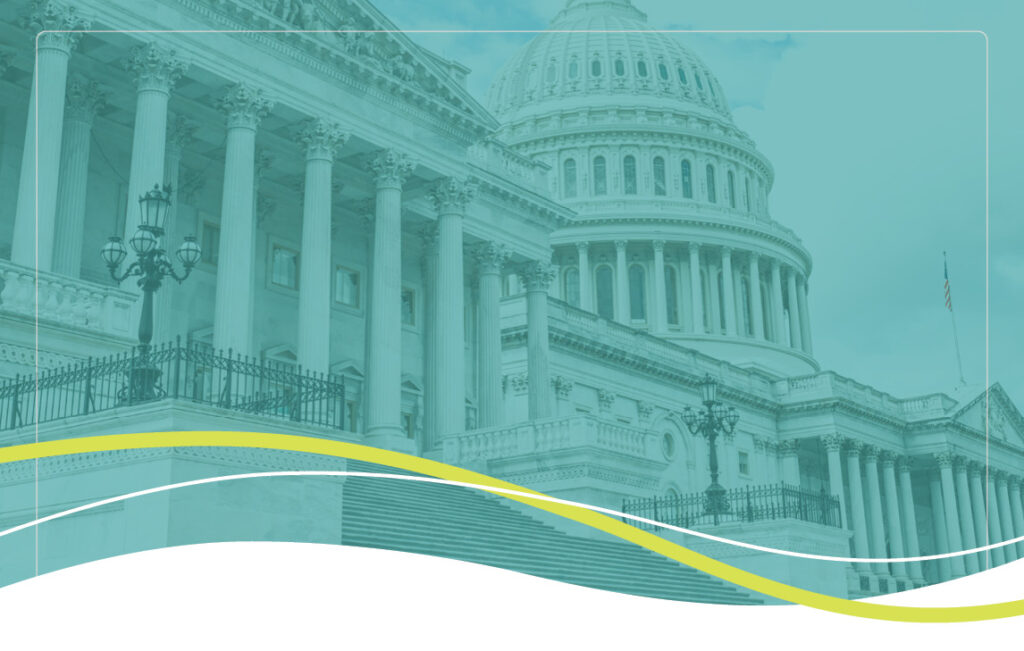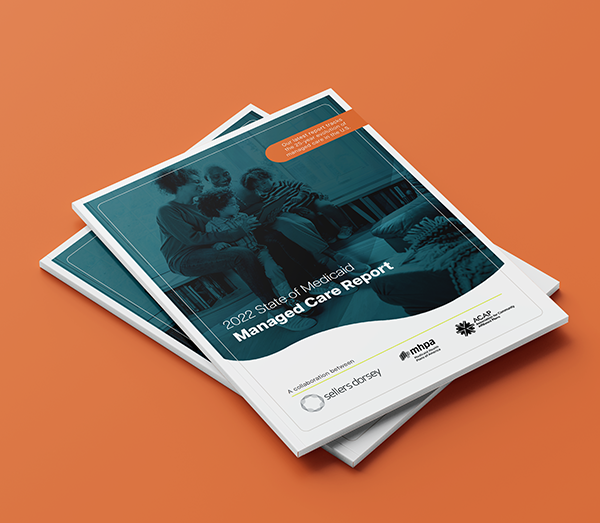Uncovering Solutions at the Intersection of Housing and Health: A Conversation with Former State Medicaid Director, Jami Snyder

Housing and health are deeply intertwined. Poor physical health and mental health issues are a driving cause of unemployment, poverty, and ultimately, homelessness. Given the close connection between these two challenges, CMS has recently begun to view housing as a healthcare issue that can be addressed through Medicaid-funded programs. Now, more states, providers, and managed care plans are exploring solutions in Medicaid to help individuals get the care they need to secure housing.
We recently sat down with Senior Strategic Advisor of Sellers Dorsey and former Arizona state Medicaid Director, Jami Snyder, to discuss housing challenges in relation to social determinants of health and how innovative Medicaid funding can provide solutions.
Q: What is the biggest challenge you’ve faced as you work to address housing issues?
JS: The biggest challenges are connecting with and understanding the needs of community-based housing organizations. Many of the organizations haven’t engaged with Medicaid and are not interested in becoming a Medicaid provider or billing for services. However, they are interested in accessing funding available for transitional housing approved as a part of the state’s 1115 waiver. Additionally, there’s a lack of affordable housing in communities around the country. According to the National Low-Income Housing Coalition, in the U.S. there is a shortage of more than 7 million affordable homes for our nation’s 10.8 million plus low-income families. This is a pervasive issue and the gap continues to widen.
Q: With a nod to “right place, right time, right approach,” what’s the smartest point of entry to address these issues? Where do you start?
JS: The ability to fund “street outreach” is critical. Historically, Medicaid programs have not been able to reimburse for outreach to individuals experiencing homelessness. More recently, a handful of states have received approval to fund street-based outreach, which is critical to engaging some of the most vulnerable individuals served by the Medicaid program and ultimately ensuring they are connected to permanent, supportive housing. Street outreach seeks to build trust and ease barriers to care by meeting people experiencing homelessness exactly where they are with the goal of increasing utilization of preventive services and ensuring appropriate follow-through on care.
Q: What obstacles have you encountered along the way?
JS: Connecting with and understanding the needs of community-based housing organizations has certainly been an obstacle. Additionally, there are challenges associated with the availability of affordable housing. Plus, challenges associated with landlords’ willingness to rent to individuals using housing subsidies. There are also difficulties related to data sharing between Medicaid, housing-focused organizations, and other key partners.
Q: Where has your organization made the biggest investment to tackle these mission-critical challenges? And where do you feel you’ve made the biggest impact?
JS: The strategy to address housing challenges is rooted in a multi-faceted approach, combining both regulatory and operational initiatives. Here’s a breakdown of the Arizona Health Care Cost Containment System’s (AHCCCS’ – Arizona’s Medicaid program) key investments and the significant impact we’ve achieved:
- Obtained CMS Approval (1115 Waiver): In October 2022, one of our most substantial achievements was securing CMS approval for our 1115 waiver. This approval was a game-changer, allowing us to fund critical components of the housing solution, including coverage of transitional housing for up to six months, street-based outreach, community transition services, and home modifications for individuals with a medical necessity determination. This regulatory win opened doors for creative housing solutions that were previously unavailable under traditional Medicaid funding mechanisms.
- Data Sharing with Housing-Focused Organizations: Recognizing the importance of data in addressing housing challenges, we took steps to share essential data with housing-focused organizations. During the COVID-19 pandemic, for instance, we obtained data detailing individuals who were both Medicaid eligible and homeless. This data became the cornerstone of targeted outreach, allowing Managed Care Organizations (MCOs) to reach out more effectively to those in need and connect them to housing resources.
- Closed-Loop Referral System: Another significant investment we made was the establishment of a closed-loop referral system. This system streamlines the process of connecting beneficiaries to needed social services, including housing. It removes bureaucratic bottlenecks and enhances the efficiency of our housing assistance efforts. This innovation not only saves time but also helps more individuals access housing quickly.
- MCOs’ Community Reinvestment Requirement: We maintained a requirement for MCOs to reinvest 6% of their profit back into the community. During my tenure, AHCCCS’ contracted MCOS partnered and pooled a portion of their community reinvestment dollars to support the development of affordable housing units. By channeling financial resources into housing infrastructure, the Arizona’s Medicaid health plans took a critical step toward addressing the affordable housing shortage, creating a tangible, lasting impact on housing accessibility.
Bonus Question – How has the team at Sellers Dorsey supported its clients in their efforts to address beneficiaries’ health-related social needs?
JS: Impact is a key focus of Sellers Dorsey. Part of the Firm’s mission is to partner with our clients to deliver innovative solutions that enhance access, and quality in the Medicaid program. The team at Sellers Dorsey understands that initiatives that seek to address individuals’ foundational needs related to housing, employment stability, food security, and educational attainment are critical to eliminating health disparities and improving member health outcomes.
Looking to learn more about social determinants of health? Check out our food security and nutrition blog!





